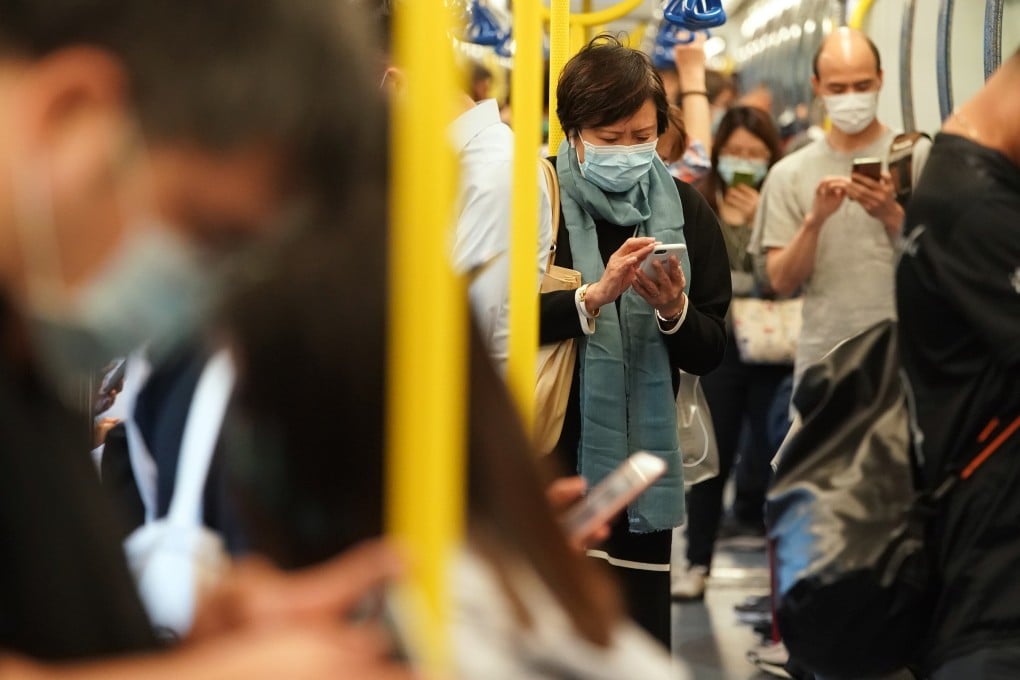Facebook and Google, banned in China, enjoy unrivalled popularity in Hong Kong
- Google, Facebook, Twitter and Microsoft all say they’re suspending requests for user data in Hong Kong because of a new national security law
- US internet giants weigh next steps as new law grants police sweeping powers to order content takedowns

Living without Facebook, Instagram and YouTube is a mundane reality in mainland China. But those apps are beloved in Hong Kong, used by millions in the city.
For Hong Kong’s more than seven million residents who have thrived on unfettered access to the open internet, losing access to these familiar platforms is an almost unthinkable scenario. Like many around the world, people living in the city use a mixture of Facebook, Instagram and WhatsApp – all owned by Facebook and blocked in the mainland – to connect with friends and family, read the news, keep up with favourite celebrities and writers, and get updates from shops and restaurants.

Facebook, Hong Kong’s most popular social network, has a penetration rate of over 80 per cent, according to the latest available data from Statista. WhatsApp, the top messaging app, trails not far behind at just under 80 per cent. Instagram comes in at around 60 per cent. On the other hand, the mainland’s unrivalled social king, WeChat, is used by just 54 per cent in Hong Kong.
“Google, Facebook and Instagram are the most popular in Hong Kong – there aren’t really any other social networks that can match them,” said YC Tsao, strategist at digital marketing agency First Page, which advises clients such as Cathay Pacific and Microsoft. “Even if you’re talking about Weibo, WeChat or their likes, their influence in Hong Kong is still pretty small.”